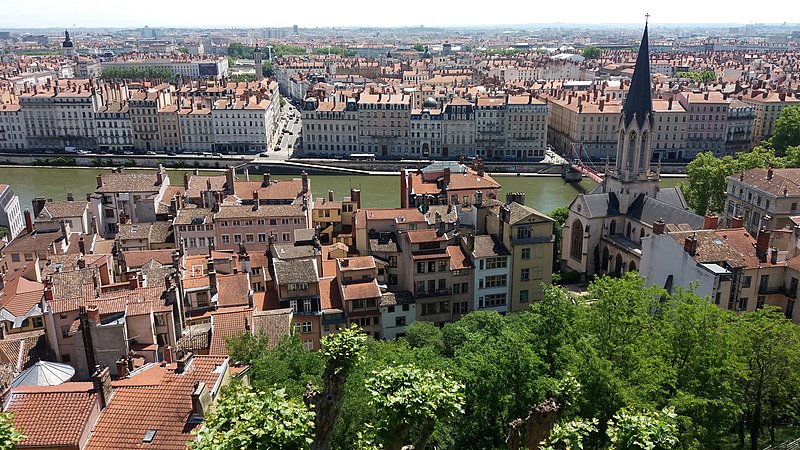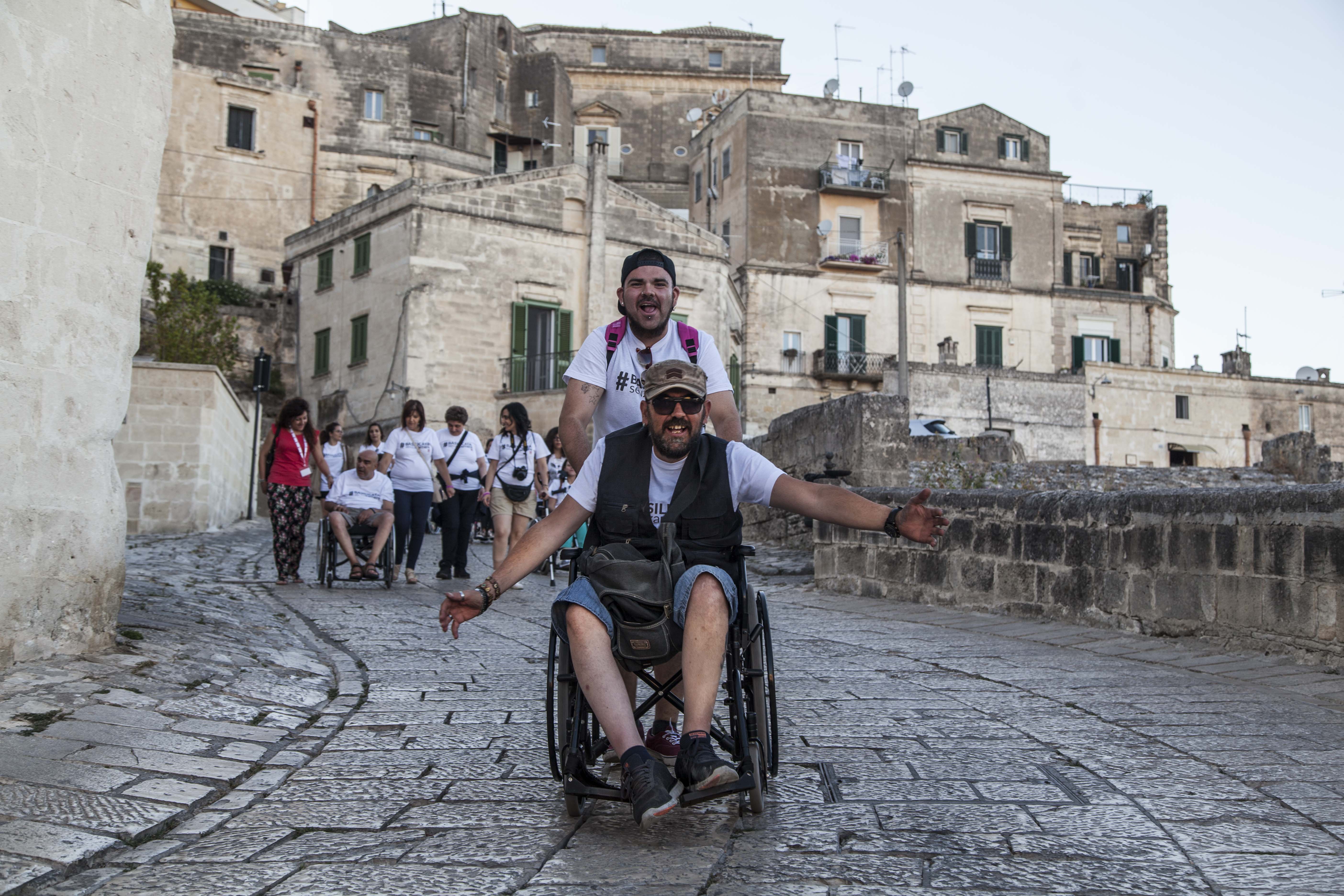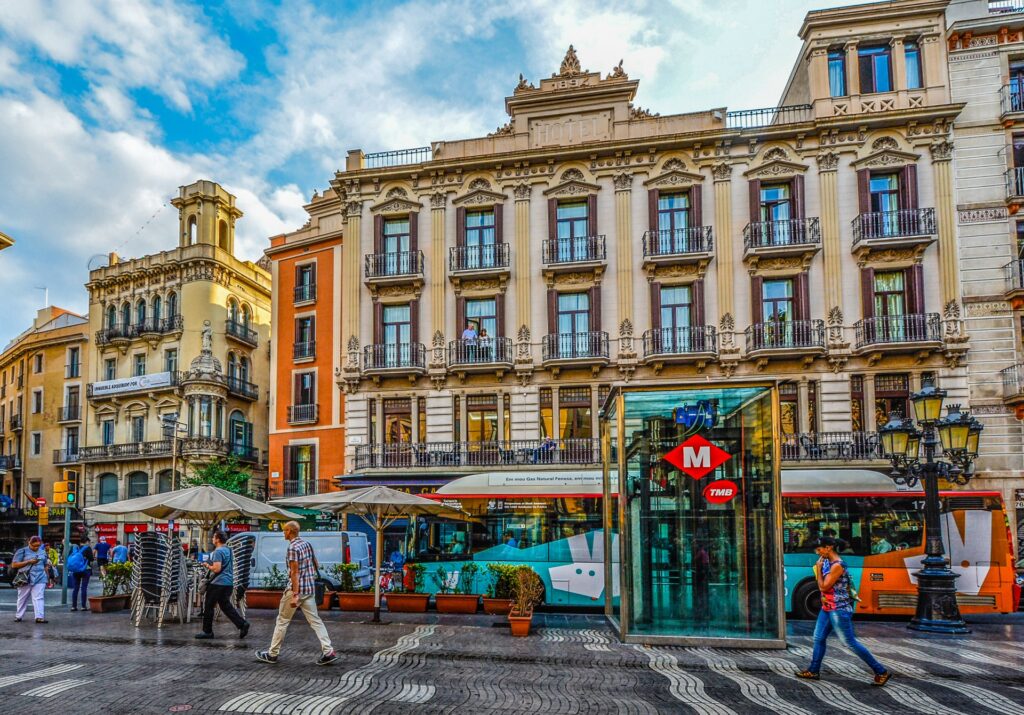
Most accessible cities? Where to go in Europe?
Tourist demand has changed dramatically over recent years both in terms of numbers as much as in preferences. While millions of people travel globally every year despite the recent COVID pandemic, tourism trends have also shown how new factors shape peoples decisions in choosing their holiday destinations. As such, in addition to art and historical heritage, travel connections, price convenience, nice weather and fun activities, ACCESSIBILITY has become another important aspect that tourists increasingly take into account.
Accessible tourism involves a wide range of aspects relevant not just for tourists but for local people as well. In fact, accessibility applies to all public and private spaces (museums, shops, bars, and restaurants), local means of transports, public services, information availability etc. Most clearly, accessibility of tourist destinations particularly affect the extent to which persons with disabilities, elderly people and families with children can fully enjoy their holidays without worries or having to face unexpected problems!

Therefore, improving accessibility has become a key objective for many tourist destinations across the world and, above all, the European Union has always been a strong supporter of this process! While providing funding to support innovative projects in this field, the European Commission has established in 2010 the ACCESS CITY AWARD with the aim to celebrate those cities that most of all have improved their accessibility in terms of spaces, transports and services. This initiative is very useful not only to shed light on best practices across Europe, but also to foster knowledge on accessibility among tourism professionals as much as visitors.
So, if you are currently planning your next holiday you should probably consider those cities that have won the prize across the last decade! We have compiled this article to make the search easier for you!
When looking at the range of tourist destinations who have won the Access City Award (either first, second or third prize), it is clear how Northern Europe seems to have most invested in order to make cities increasingly accessible. Sweden is, in fact, the country with the highest number of destinations awarded with the first prize: Skelleftea, Boras, Gothenburg and Jonkoping, in addition to Stockholm (third prize). As such, we can definitely say that planning a tour across Sweden will always be a good choice for a holiday ‘’for all’’!
Moving to central Europe, France is actually the European country offering the largest number of awarded accessible cities: Lyon (first prize), Evreux and Nantes (second prize), Grenoble, Nantes and Toulouse (third prize). Interestingly, these cities are located between North and South of the country, therefore you can definitely consider spending more than one accessible holiday to visit the gems of this wonderful country!

Overall, several are the capitals or main cities in Europe who have impressed the Commission based on their efforts in fostering accessibility: Berlin, Warsaw, Milan, Luxembourg and Salzburg (first prize), Helsinki, Ljubljana and Rotterdam (second prize), Barcelona and Stockholm (third prize). While these cities are already known as important tourist destinations, their status as accessible cities shall bring further benefits for the tourism sector as much as for local people. Considering their rich cultural offer, if you are looking to spend a long weekend visiting a fascinating (and accessible) European city, you should definitely consider this list!

Finally, we can suggest you a number of other cities across Europe who have also won the Access city award over recent years. While they might be regarded as less popular tourist attractions, these have excelled in the field of accessibility, therefore increasingly becoming appealing destinations for those looking for accessible services. On this list you can find Avila (first prize) and Castellon de la Plana (second prize) in Spain, Breda (first prize) in the Netherlands, Chester (first prize) in the UK, Bremerhaven and Weisbaden (second prize) in Germany, Poznan and Gdynia (third prize) in Poland and Jurmala (third prize) in Latvia.
While there is still a lot to be done to make Europe fully accessible for everyone, there are many places you can already visit more easily as a tourist! Hopefully we have given you some ideas! Enjoy exploring!


